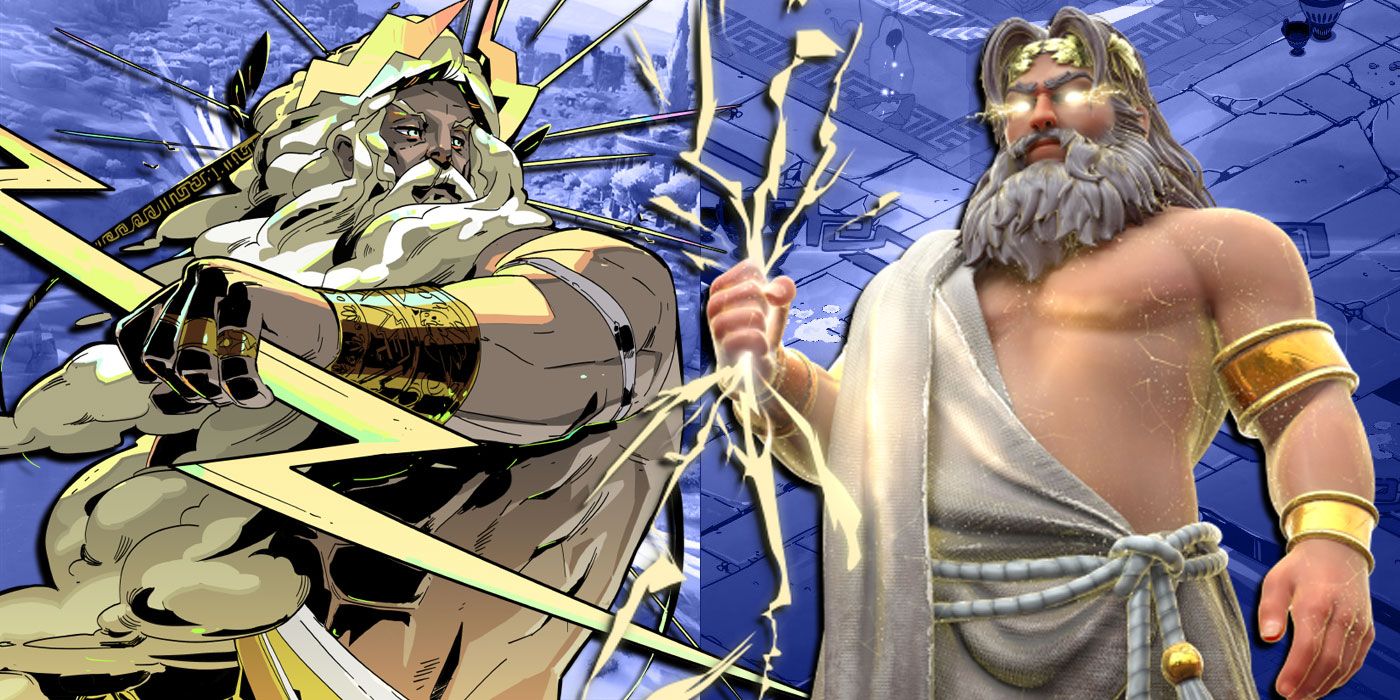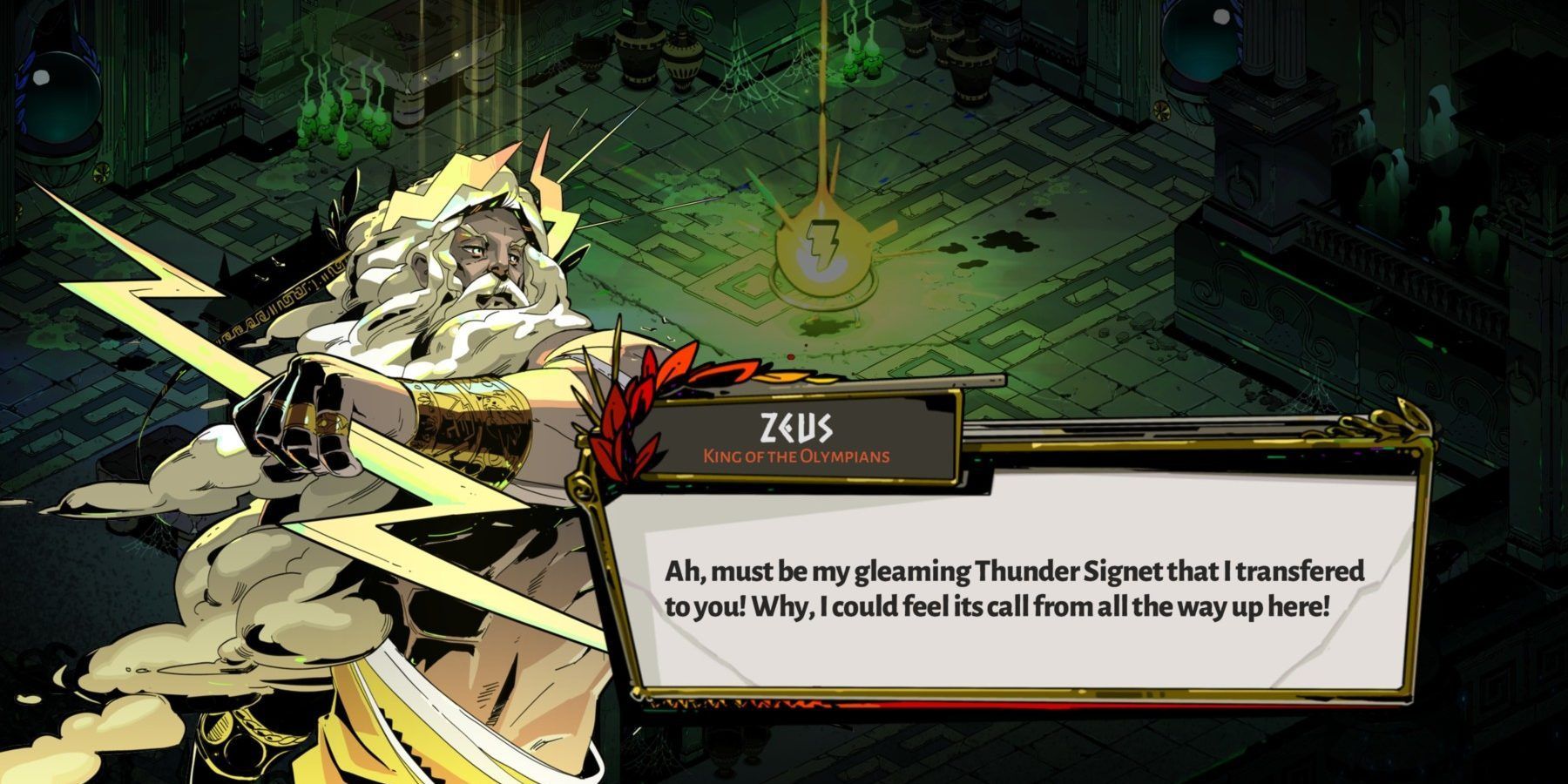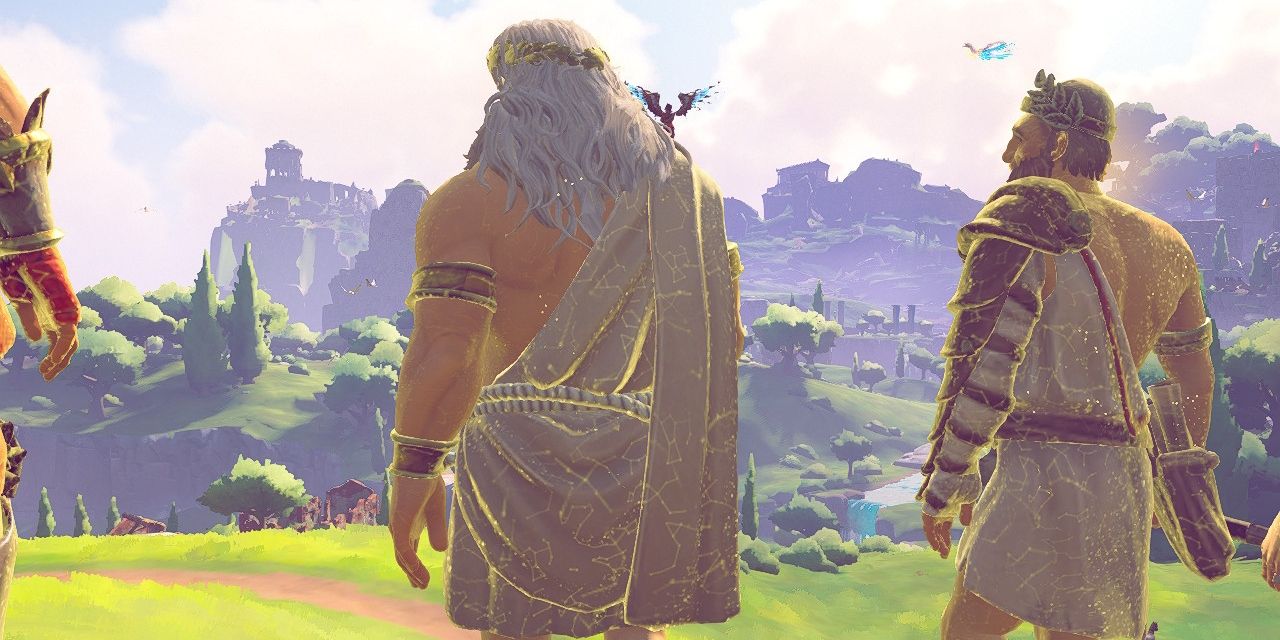Ancient Greek mythology is a favorite setting for many games out there; just look at the original God of War trilogy. 2020 saw two games released close together in very different game categories that featured very different depictions of the Olympian Gods, Titans, monsters and more: Immortals Fenyx Rising by Ubisoft and Hades by Supergiant Games.
Hades focuses on Zagreus's efforts to escape the Underworld, reach Olympus and find answers to the mystery surrounding his life. Along the way, he is occasionally assisted by members of the Pantheon, who give him boons to help him on his journey. In Immortals Fenyx Rising, the titular Fenyx journeys across the Golden Isle to rescue the Gods from Typhon, a Titan that was previously defeated by Zeus and now seeks revenge.
Many interactions with the Gods in both games take jabs at each other with self-aware, tongue-in-cheek humor, making aware of the flaws many of these Gods possess, such as their constant infighting or the grave consequences of their meddling in mortals’ lives. Zeus, for instance, is a jolly but largely irresponsible ruler in both titles. Yet despite their bickering, disagreements and ambitions, the Gods in both games all speak of each other as a family that has to stick together, especially in times of crisis.
There is also a clear difference about the Gods in both games, in which they are in different positions of power. In Fenyx Rising, the Gods have lost much of their powers at the hands of Typhon and are desperate to call upon a mortal's aid to free them. In Hades, on the other hand, the Gods of Olympus are much more powerful than any other being in the Underworld, aside from perhaps Lord Hades himself.
When comparing and contrasting these titles, it’s clear that gameplay could not be more different. Hades is a roguelike game with a classic isometric perspective, whereas Fenyx Rising is an action-adventure game in an open-world setting and played from a third-person perspective. Ubisoft’s title has been heavily compared to The Legend of Zelda: Breath of the Wild. Both titles feature an expansive open world, similar combat, crafting and traversal mechanics, and unique animations. Both Fenyx and Zagreus can utilize abilities associated with each God to help them in their respective quests.
Fenyx Rising also features fewer Gods to interact with than Hades, with only Zeus, Aphrodite, Ares, Athena, Hermes and Hephaestus being featured in the story. It’s likely that many of the other Gods, such as Poseidon and Hades, could be featured in future DLCs.
Through Fenyx Rising’s story, it is realized that much of humanity’s woes come from the Gods themselves, not their Titan enemies. Zeus even came close to destroying humankind because of their flaws before realizing humans reflect the Pantheon’s own flaws. Fenyx makes it part of their mission to make Zeus and the other Gods see the error of their ways and become better, more responsible Gods. As a reward for helping them, Zeus even offers Fenyx a place in the Pantheon on Mount Olympus.
In Hades, the Gods rarely learn their lesson and don't feel much remorse for their actions, as is in line with their nature as Gods. It is revealed that the Gods have been manipulating Zagreus with a promise of allowing him to join their ranks in Olympus, which is impossible because he is bound to the Underworld and can never go to the surface for long. Zagreus and his family fabricate a story explaining Persephone leaving the Underworld and her later return to ensure the Gods don’t destroy themselves in war.



